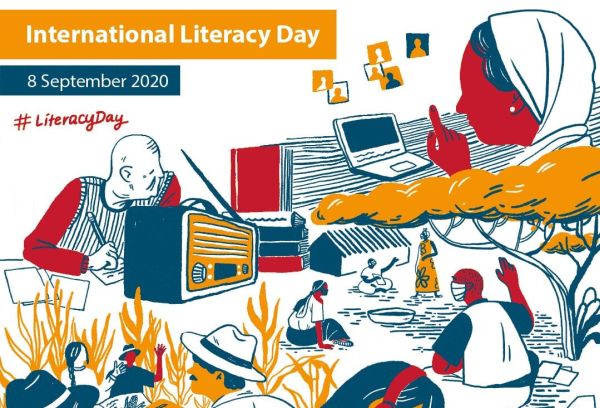
Cuba is celebrating the International Literacy Day today with the recognition for its educational achievements, particularly the campaign that declared the country in 1961 as first territory free of illiteracy in the region.
The United Nations Educational, Scientific and Cultural Organization (UNESCO) described this initiative as a pioneering example of the values promoted by the agency for the Education 2030 Agenda.
The campaign marked the subsequent future of the nation where it had some 979 200 illiterate people in 1961, and more than 800 000 children aged 5-15 did not attend school before the revolutionary victory.
With the premise of expanding educational guarantees, more than 100 000 students were called by the leader of the Cuban Revolution Fidel Castro to participate in the campaign that started on January 1, 1961.
As a result, about 707 200 illiterate people learned to read and write, reducing illiteracy rate to 3.9% and the free and universal access to different levels of education was facilitated.
Almost six decades later and amid the complex situation caused by Covid-19, UNESCO recognizes Cuba’s strategies in terms of inclusive and quality education, as it was stated in the most recent 2020 Global Education Monitoring (GEM) Report.
Cuba has shown significant signs of its commitment to global efforts to eliminate illiteracy through international cooperation, the statement noted.
The best example of this is the teaching method developed by Cuban pedagogues “Yes I Can”, winner of the 2006 UNESCO King Sejong Literacy Prize by its contribution to the teaching of reading and writing, which is successfully applied in 30 countries in Latin America and the Caribbean, Africa, Oceania and Europe.
 Escambray ENGLISH EDITION
Escambray ENGLISH EDITION





Escambray reserves the right to publish comments.